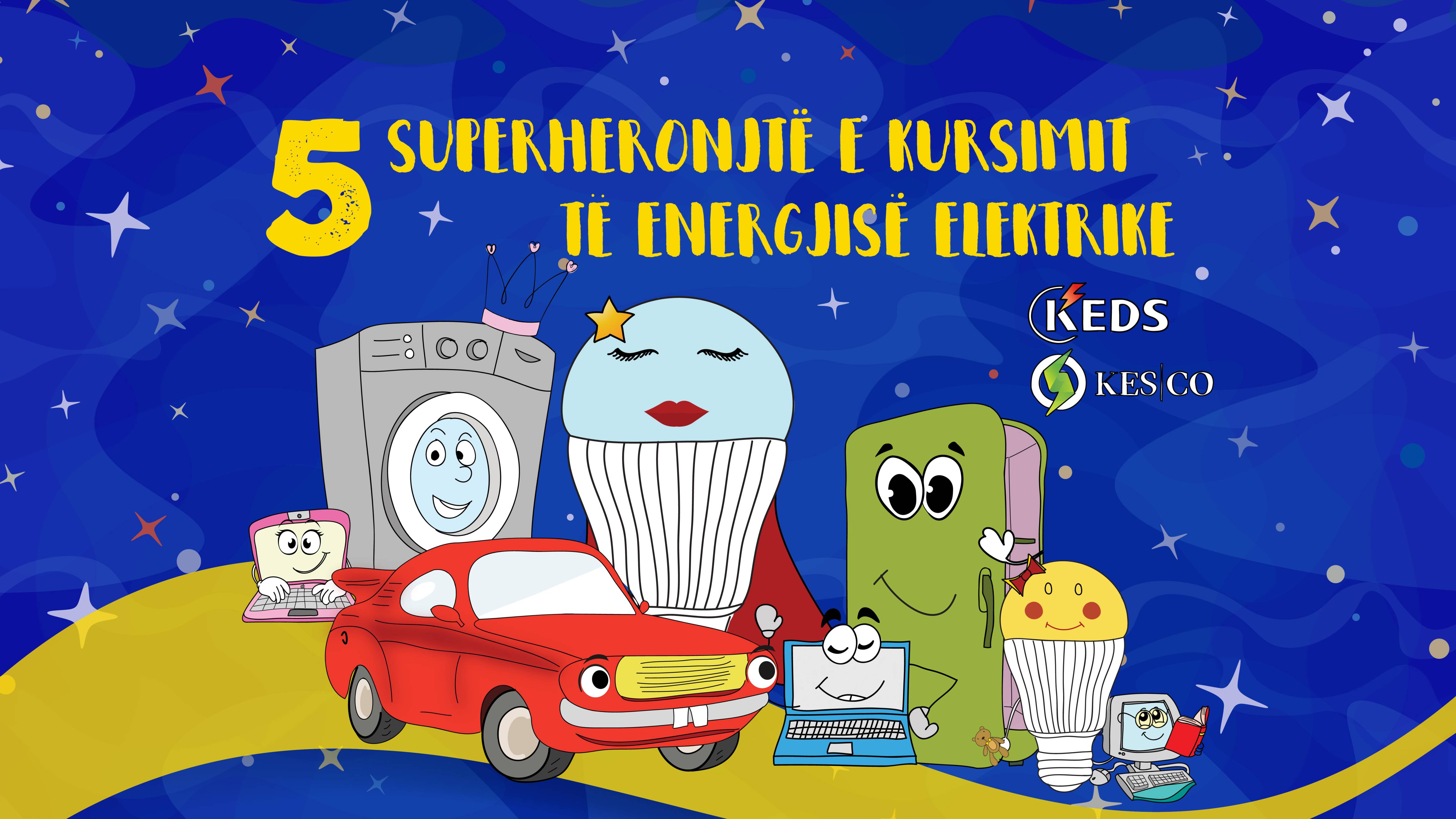Household appliances
- At home, keep the refrigerator away from heat-releasing appliances, keep it in the coolest place in the house, this way you make sure the low temperatures stay constant.
- Before putting food in the fridge, let it cool, hot food requires more electricity to freeze.
- Do not allow moisture in the refrigerator, cover food containers, clean water droplets from all containers and bottles you place in it.
- Do not allow ice to form in the refrigerator and freezer, thaw and clean them, as they will be more effective and economical.
- Keep the refrigerator or the feezer door open as little as possible and make sure the door is securely closed as warm air seeps in and loses freshness, so they need more time to return to normal.
- The washing machine consumes less energy if you wash clothes at lower temperatures.
- Dishwashers, washing and drying machines are also part of the total cost.
- If you have decided to buy a new dishwasher, washing machine or clothes dryer, then focus on the highest quality and most economical products, look at the manufacturer's instructions where the main features are written and then decide which one is more economical.
- Place appliances, in dry places and never in wet places, because moisture conducts electricity and poses a danger, also check that the power wires, cables, plugs are in order. Also make sure that the water intake and drain pipes are well placed.
- It is preferable for the machines to be full every time, but if the machine is half full, then use the economy program. Electricity consumption is the same whether full load or half load.
- During cooking, adjust the appropriate temperature, put the lid on the pot to retain heat and thus the cooking time will be shortened.
- After the temperature reaches 100°C, ie after boiling, lower the temperature.
- Use dishes whose bottom is the size of a stove plate, or dishes whose bottom is slightly larger than the stove plate.
- Using espresso dishes for steam cooking speeds up cooking and is more economical.
- When preparing food in the oven, you should know that each opening of the oven door lowers the temperature by around 15 ° C.
- 2 - 3 minutes before the end of cooking, stop the plate, or 5 - 10 minutes before the end of baking, stop the oven, because with this action you will save.
- Replace stove plate or oven heaters if they are old.
- Using microwaves is more efficient and economical, about 50% consume less electricity than conventional electric ovens.
- To find out which appliances spend the most and which the least, you can use the appliance cost calculator.
- The washing machine uses energy to heat water. If the same appliance washes the clothes in cold water this will reduce the cost of electricity costs.
- Also, if you want to consume less energy, let the clothes dry naturally in a wire or clothes rack and avoid the dryer.



